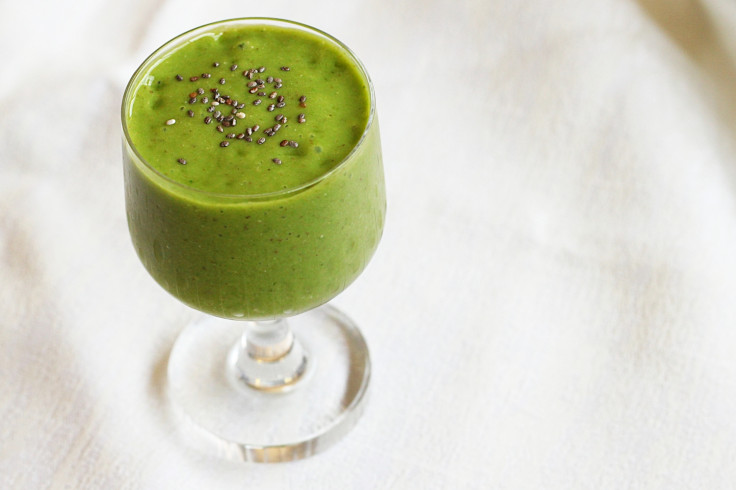Gut bacteria regulate your mental health by tapping the genes in your brain
Boosting your gut health with the right foods could help beat anxiety and depression.

Gut bacteria change the way genes are expressed in the brain by manipulating the molecules that regulate them, scientists have found.
The link between gut bacteria and anxiety has become increasingly well established in recent years. But finding out exactly how the microbiome affects your mental health has been much of a mystery until now.
Anxious mice raised in a microbe-free 'bubble' environment express genes in the brain differently due to changes in their microRNA, according to a study in the journal Microbiome.
"This is important because these microRNAs may affect physiological processes that are fundamental to the functioning of the central nervous system and in brain regions, such as the amygdala and prefrontal cortex, which are heavily implicated in anxiety and depression," said study author Gerard Clarke of the APC Microbiome Institute at University College Cork in a statement.
MicroRNA in two parts of the brain were significantly altered in bubble mice. A total of 103 microRNAs were altered in the amygdala and 21 were altered in the prefrontal cortex, the researchers found.
This type of imbalance in brain microRNA has been linked to psychiatric disorders in humans in previous research. Using conventional drugs to alter this has been very difficult in the past. Drugs need to be able to penetrate the blood-brain barrier, which is notoriously difficult to do. Focusing treatments on gut bacteria instead, which indirectly affect the brain microRNA, could do the job much more easily.
Exactly how the gut bacteria are regulating the microRNAs in the brain is still not clear. Further research will be necessary before clinical trials can be carried out to assess the impact of changing gut bacteria on mental health. But improving your gut health by eating prebiotic foods rich in fibre could well end up being good for your mental health.
"This is early-stage research but the possibility of achieving the desired impact on microRNAs in specific brain regions by targeting the gut microbiota – for example by using psychobiotics – is an appealing prospect," said Clarke.
© Copyright IBTimes 2025. All rights reserved.






















